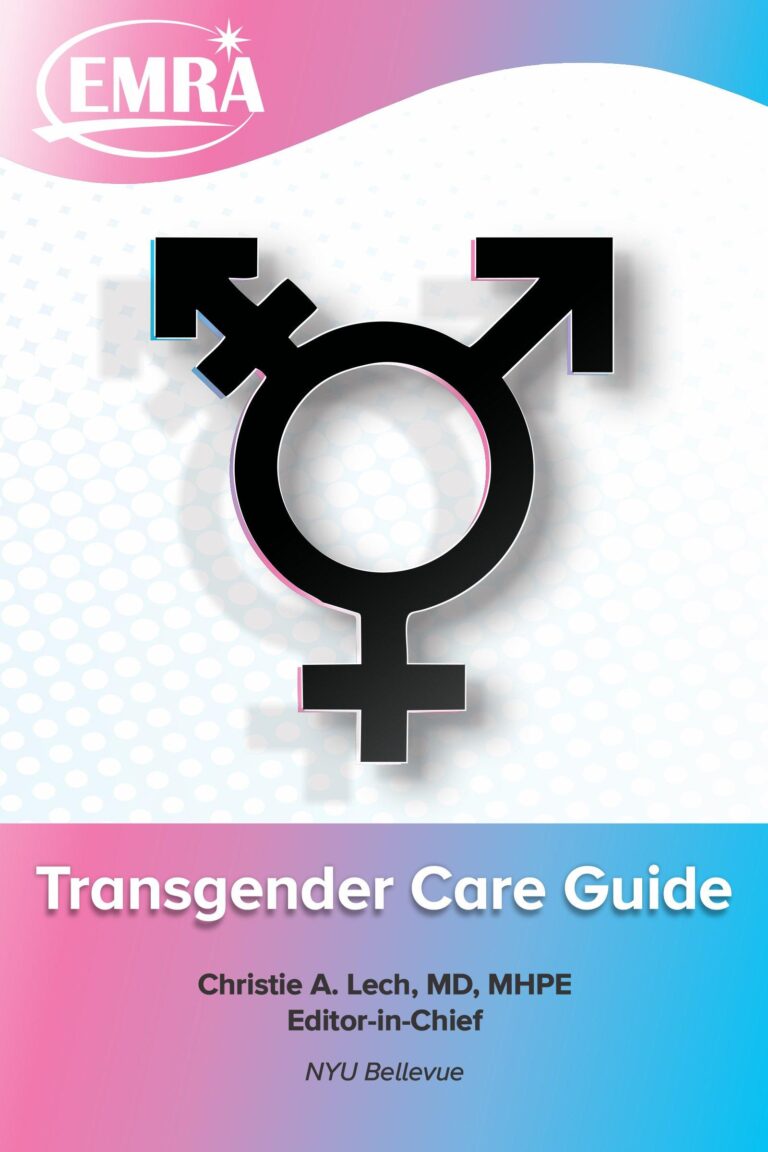In a sharply divided ruling that has reignited fierce debate across the nation, the U.S. Supreme Court faced intense criticism from transgender care advocates who decried the decision as emblematic of “cruelty over care.” The landmark case, which centers on access to gender-affirming healthcare for transgender youth, has prompted immediate responses from medical professionals, civil rights groups, and families alike. Advocates warn that the Court’s stance threatens to undermine years of progress in transgender healthcare, raising urgent questions about the future of support and protections for vulnerable communities in the United States.
Transgender Healthcare Rights Under Siege Supreme Court Decision Sparks Outcry from Advocates
Advocates for transgender healthcare have expressed profound disappointment and alarm following the Supreme Court’s recent ruling, which many describe as a severe rollback of critical protections. The decision, widely criticized for prioritizing political agendas over medical expertise, threatens to limit access to life-saving care for transgender individuals across the country. Healthcare providers specializing in gender-affirming treatments argue that the ruling undermines decades of progress and places vulnerable populations at increased risk of mental and physical health challenges.
Among the concerns raised are:
- Restrictions on hormone therapies and surgeries that are deemed essential by medical professionals.
- Legal ambiguities leading to disparate access to care depending on the state.
- Increased stigmatization and discrimination in healthcare settings.
| Impact Area | Before Ruling | After Ruling |
|---|---|---|
| Access to Care | Broad coverage under federal protections | Restricted and uneven access |
| Provider Support | Protected from discrimination | Fear of legal repercussions |
| Mental Health | Improved outcomes with affirming care | Increased risk of depression and anxiety |
Impact on Access to Gender Affirming Treatments Explored Detailed Analysis of Legal and Medical Implications
Recent Supreme Court decisions have significantly affected transgender individuals’ access to gender-affirming treatments, sparking urgent debates over the intersection of legal precedent and medical ethics. Advocates argue that the rulings impose barriers that could delay or outright deny critical healthcare, essential for the well-being and mental health of transgender patients. These restrictions often contradict established medical guidelines issued by leading organizations such as the World Professional Association for Transgender Health (WPATH) and the American Medical Association (AMA), which emphasize timely, individualized care based on clinical need rather than legal constraints.
The legal implications extend beyond healthcare providers, impacting insurance coverage, hospital policies, and state-level regulations. This creates a fragmented landscape where access varies widely depending on jurisdiction. Key medical challenges brought to the forefront include:
- Delays in hormone therapies and surgeries vital for gender dysphoria treatment
- Rising mental health crises linked to healthcare inaccessibility
- Provider hesitancy due to fear of legal repercussions
| Aspect | Pre-Supreme Court Ruling | Post-Supreme Court Ruling |
|---|---|---|
| Access to Hormone Therapy | Widely available with prescriptions | Restricted in multiple states |
| Insurance Coverage | Included in most plans | Frequently excluded or limited |
| Provider Willingness | Generally supportive | Growing reluctance due to legal risks |
Together, these factors paint a troubling picture of how recent legal decisions may prioritize ideological considerations over evidence-based care, undermining the standard of care for transgender patients in the U.S.
Calls for Policy Reform and Federal Protections Advocates Urge Comprehensive Measures to Safeguard Transgender Care
Advocates for transgender rights have intensified demands for robust federal legislation following recent judicial decisions that critics argue undermine access to essential healthcare services for transgender individuals. Medical professionals, civil rights organizations, and activists emphasize that piecemeal policies and state-by-state regulations leave many vulnerable to discrimination, denial of care, and unnecessary emotional distress. Comprehensive federal protections are urgently needed to establish uniform standards that guarantee medical access, protect patients’ dignity, and uphold the principle that healthcare decisions are best made between patients and their providers-not courts or legislators.
Supporters propose a multi-faceted approach that includes:
- Enacting the Equality Act with explicit provisions for gender-affirming care
- Expanding Medicaid and insurance coverage for transgender health treatments
- Introducing nondiscrimination safeguards in medical and mental health services
- Enhancing training for healthcare providers on transgender health needs
| Policy Area | Current Challenge | Proposed Solution |
|---|---|---|
| Healthcare Access | Insurance denials and lack of coverage | Mandatory coverage regardless of state laws |
| Legal Protections | Patchwork state-level bans and restrictions | Federal nondiscrimination statute |
| Provider Education | Limited training on transgender care | Integrate curricula in medical schools |
Key Takeaways
As the Supreme Court’s decision reverberates across the nation, transgender care advocates vow to continue their fight for accessible and compassionate healthcare for transgender individuals. Critics argue that the ruling prioritizes punitive measures over genuine support, underscoring deep divisions in the ongoing debate over transgender rights and medical ethics. The coming months promise further legal battles and advocacy efforts as communities rally to protect the dignity and well-being of transgender people amid shifting judicial landscapes.




